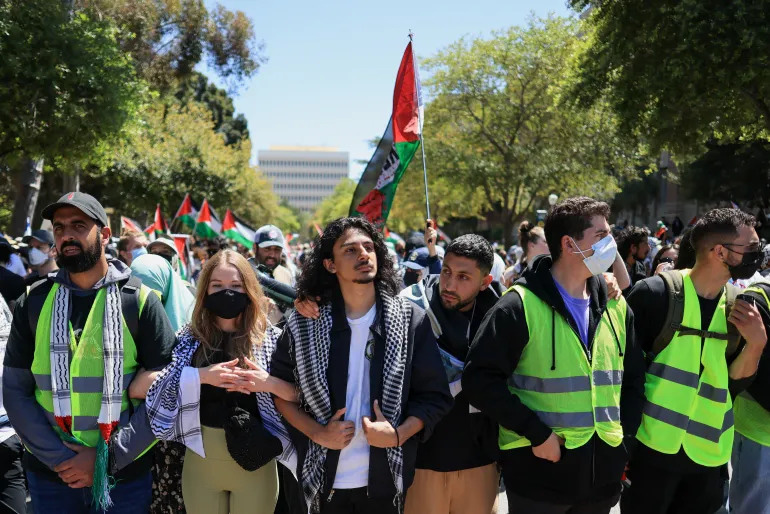
Students protest in support of Palestinians and call for Israel to end the war in the Gaza Strip at the University of California, Los Angeles, California, USA on April 28 - Photo: REUTERS
Al Jazeera reported that at least 900 students and teachers who participated in pro-Palestinian protests and called on the Israeli army to end the war in the Gaza Strip had been arrested in the US over the past 10 days, as of the evening of April 29. However, the wave of protests does not seem to have cooled down.
On the other hand, anti-war protests gradually became more violent as US law enforcement agencies tried to disperse crowds of protesters on several university campuses.
Large-scale protests spread across 50 universities in the US, including large and prestigious universities such as Yale University, Virginia Polytechnic University, University of Texas at Austin (in Texas) and University of California at Berkeley (in California).
Despite the efforts of local officials and police, anti-war protests spread to universities abroad.
Typical examples include the University of Melbourne, the University of Sydney (Australia), McGill University, Concordia University (Canada), the Paris Institute of Political Studies, the Sorbonne University (France), Sapienza University (Italy), the University of Leeds, University College London and the University of Warwick (UK).
Some students have been suspended, placed on probation, and others have been forced to leave school.
Reuters news agency reported on April 29 that two Ivy League universities (a group of eight most prestigious universities in the US), Columbia University and Cornell University, announced the suspension of students who refused to stop anti-war protests.
Columbia University President Nemat Minouche Shafik said in a statement that after days of negotiations with students and academic leaders, both sides failed to reach the expected results and they were unable to convince protesters to dismantle the tents.
“We have begun suspending students who participated in the protest as part of our ongoing efforts to ensure the safety of our campus,” Columbia spokesman Ben Chang said at a brief press conference on April 29.
“The tent encampments have created an unfriendly environment for many of our Jewish students and faculty. At the same time, the protests have caused noise, disrupted teaching, hindered the learning process and especially affected the preparation for the upcoming final exams,” added spokesman Ben.
Similar to Columbia University, another Ivy League sister school, Cornell University, also announced that it had imposed suspensions on students who refused to pull out of the protest camp.
“The individuals were asked to stop the anti-war demonstration and were given multiple opportunities to stop, including five hours of negotiation to consider the decision to stop the demonstration. Ultimately, they decided to remain seated.
They were then reminded several times and by evening, the protesters were informed that if they did not remove the tents, they would face disciplinary measures from the school,” Martha E. Pollack, president of Cornell, told CNN.
Source












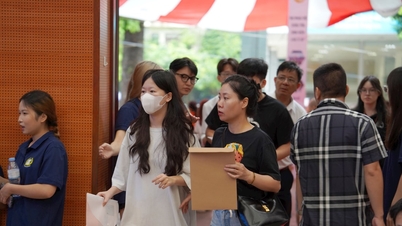






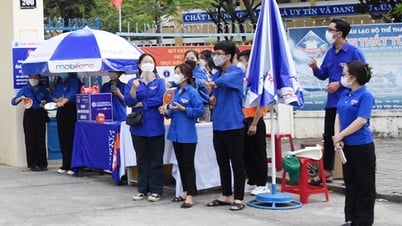

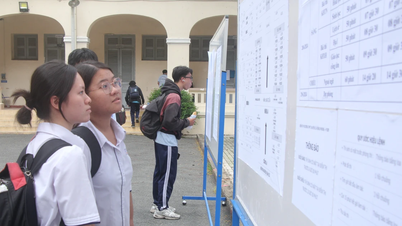








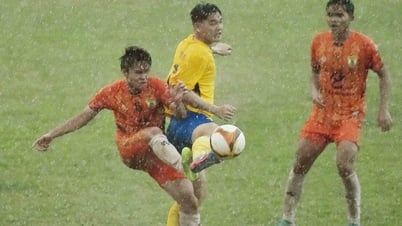
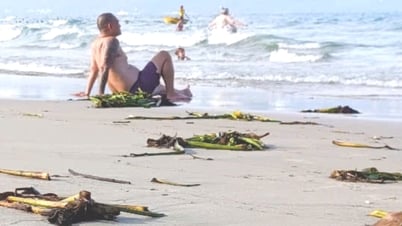


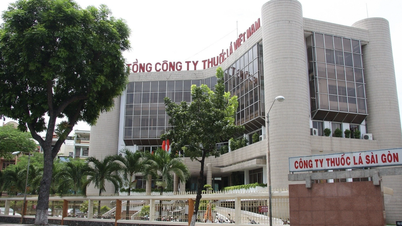






















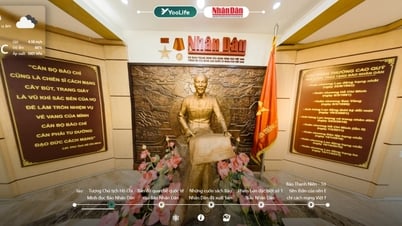







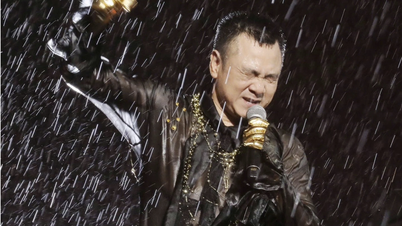
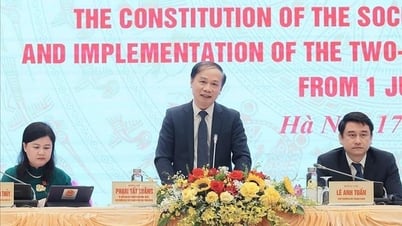










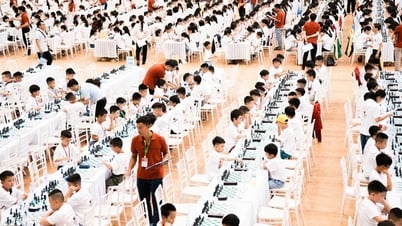
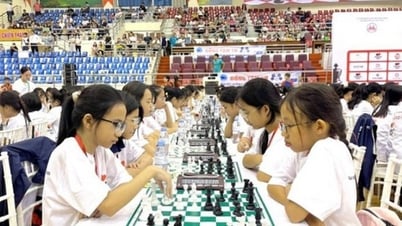



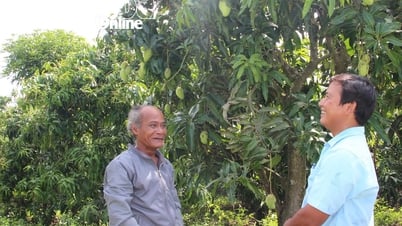


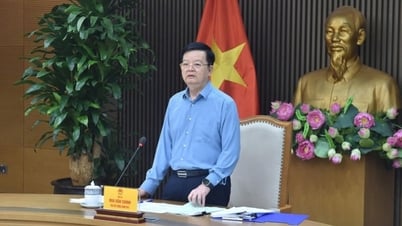

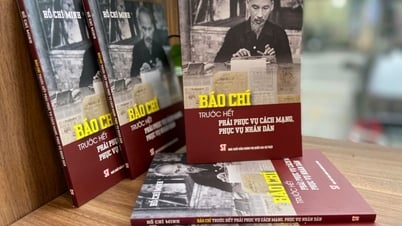













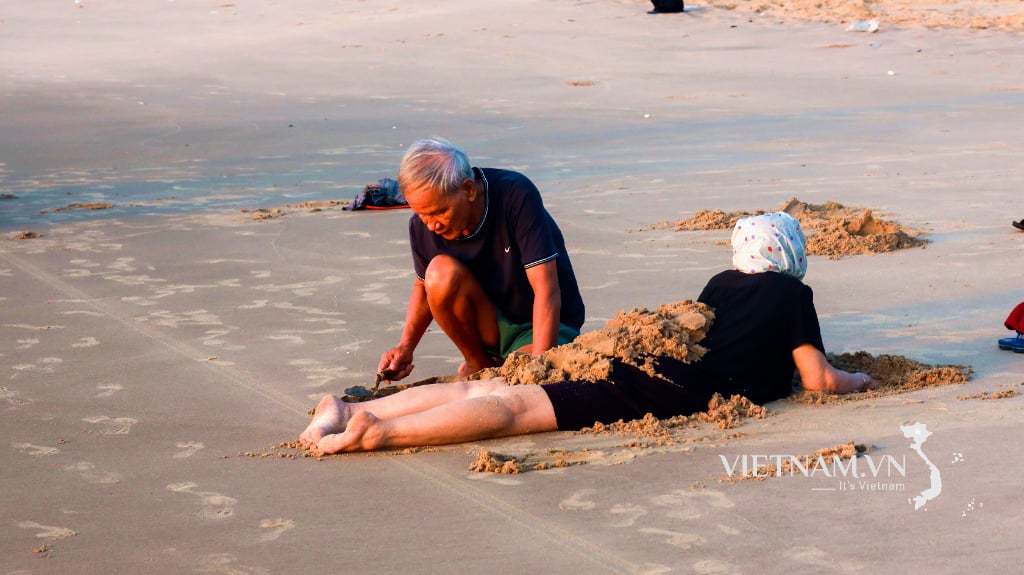



Comment (0)